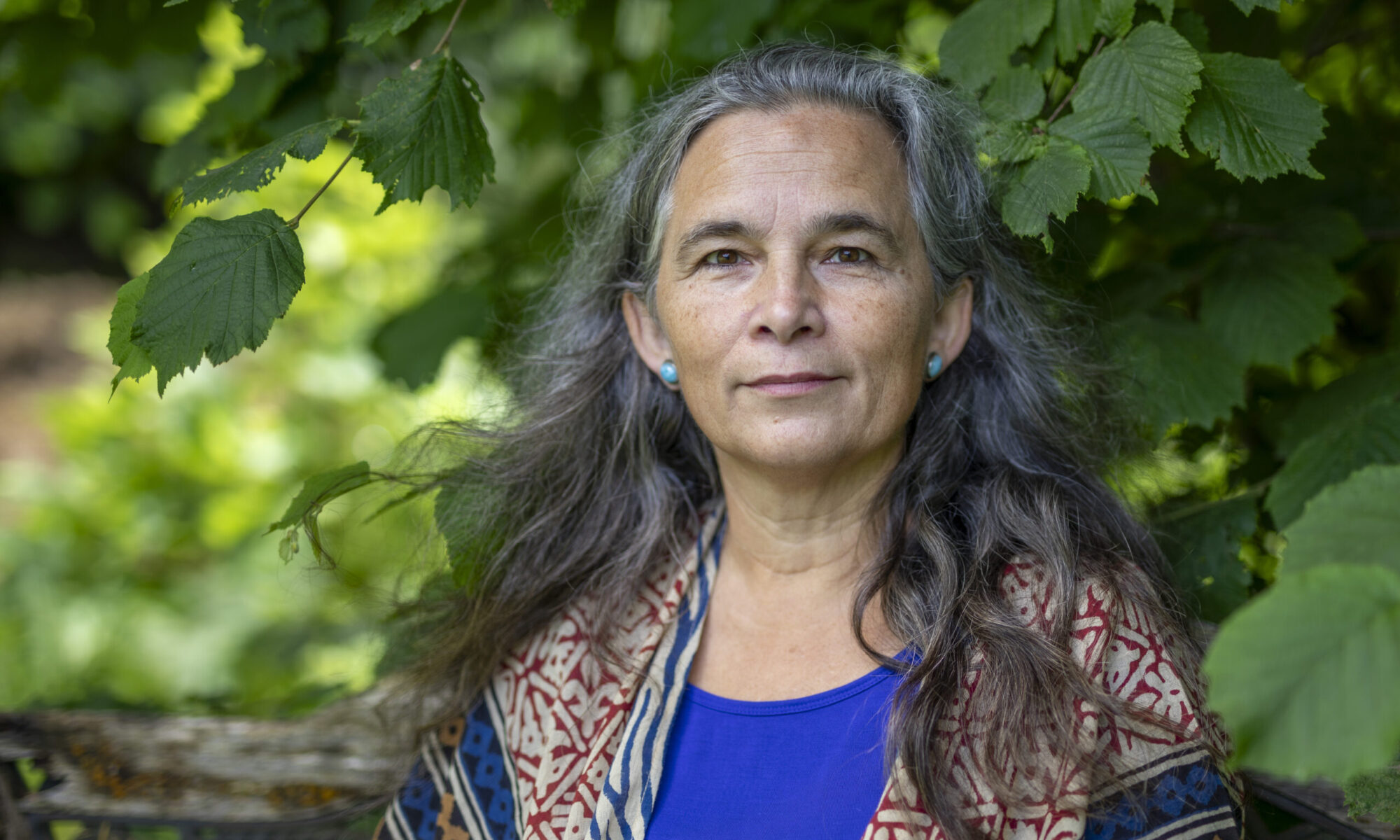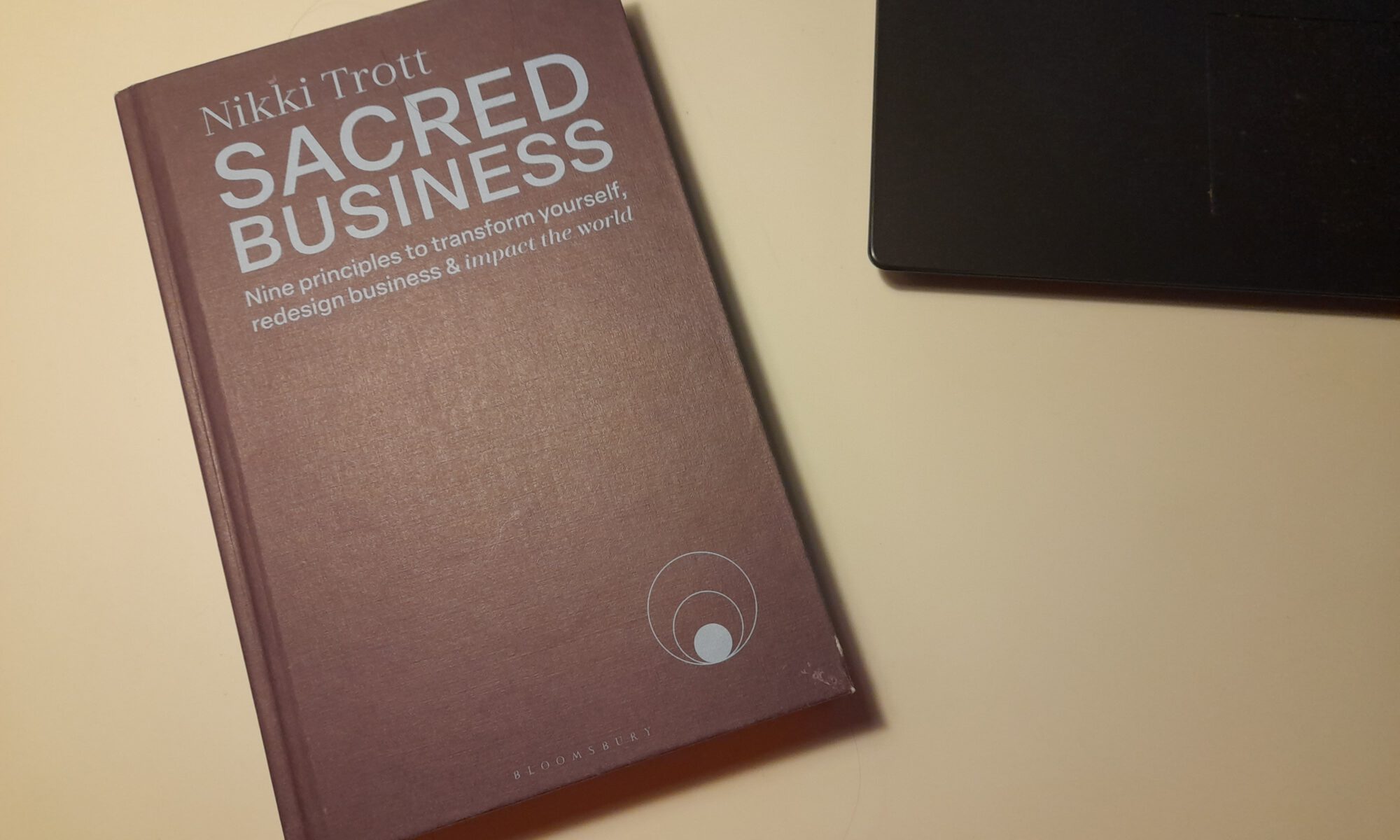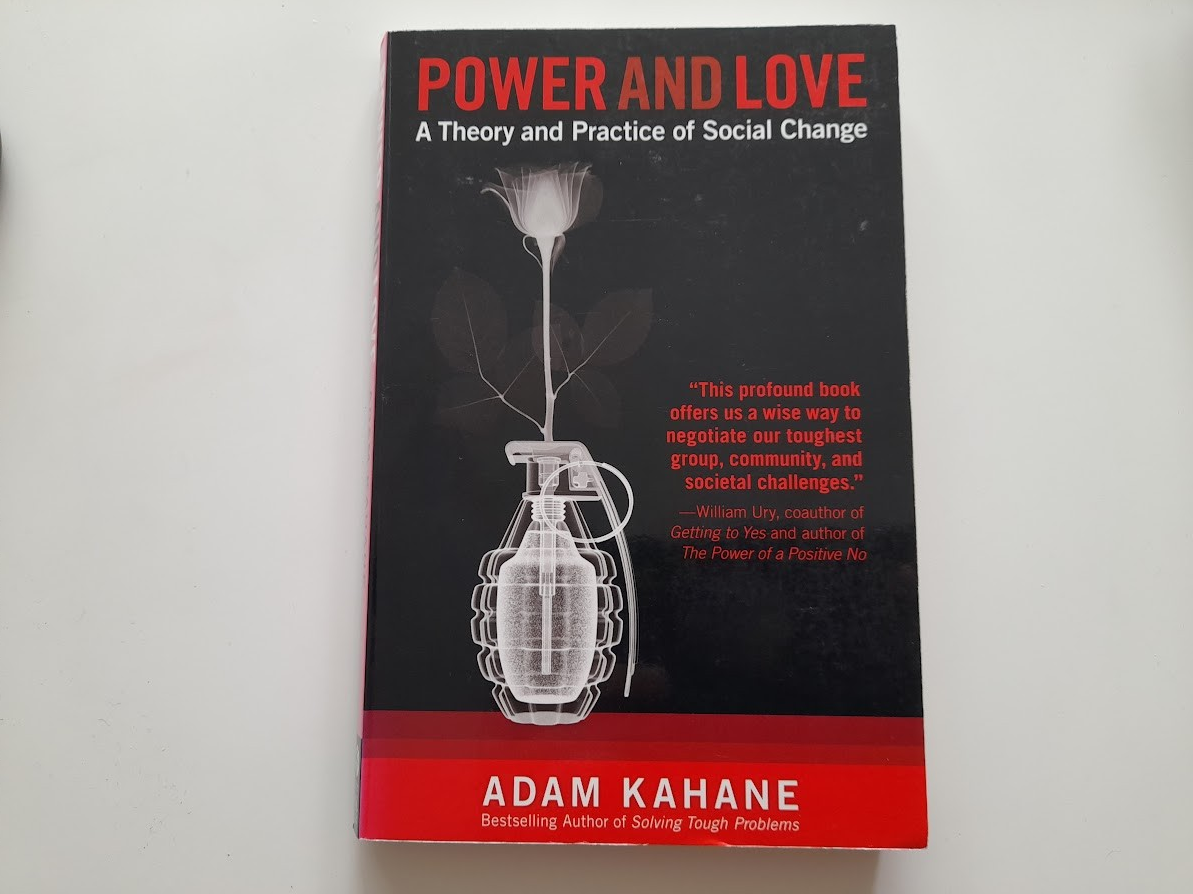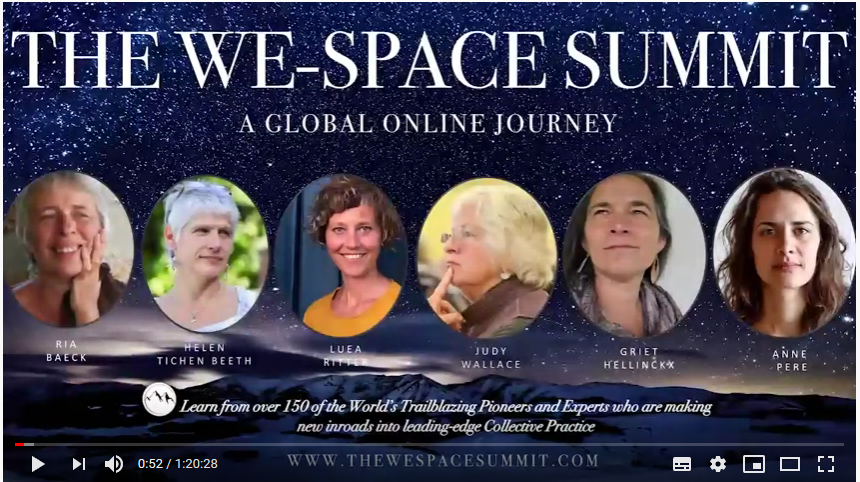“Sacred Business” by Nikki Trott is a powerful, practical guide for anyone who wants to align inner transformation with outer impact in their work and organisation. The book really lives up to Nikki Trott’s own description of it as a framework for shifting from ‘business as usual’ towards ways of working that honour people, planet and the wider web of life.
Core structure and theme
The book is built around a logical, easily applicable architecture: four parts that mirror an inner–outer journey – Mind (the separation), Being (the transformation), Ecosystem (the integration) and Embodiment. Within these parts, nine shifts (for example from busy to present, from fear to love, from competition to symbiosis, from short-term to evergreen) make it immediately tangible how conventional business logics can evolve into “sacred business”.
Usefulness for leaders and organisations
What impressed me most is how systematically the book invites readers to audit and realign their own business, organisation, NGO or professional path with deeper values and life-serving principles. Each chapter combines reflection with concrete exercises and “life experiments”, so that inner work and strategic decisions mutually reinforce each other instead of being treated as separate worlds.
Connection to my own work
As founder of re-connect – Institute for Lived Spirituality and Resilience, and as an author writing about why we need to speak more often and more openly about spirituality and religion, I felt profoundly seen in my own questions and commitments. It resonates strongly with my own work of supporting individuals, teams and organisations to reconnect with what is precious – inner sources of strength, shared values, and a sense of responsibility for the wider web of life.
Personal encounter with the author
Meeting Nikki Trott in person, I experienced the integrity and clarity that also shine through these pages. Her combination of strategic sharpness and spiritual depth makes this book a trustworthy companion for leaders who are ready to question old patterns and co-create a regenerative, values-driven economy.
Recommendation
“Sacred Business” indeed feels like a personal mentor in written form for anyone who, in Nikki Trott’s words, wants to bring purpose, prosperity and meaningful impact into coherent alignment. I warmly recommend it to leaders, entrepreneurs, consultants and change agents who sense that the next era of business must be both spiritually grounded and practically effective.
(Book recommendation published on Amazon)



